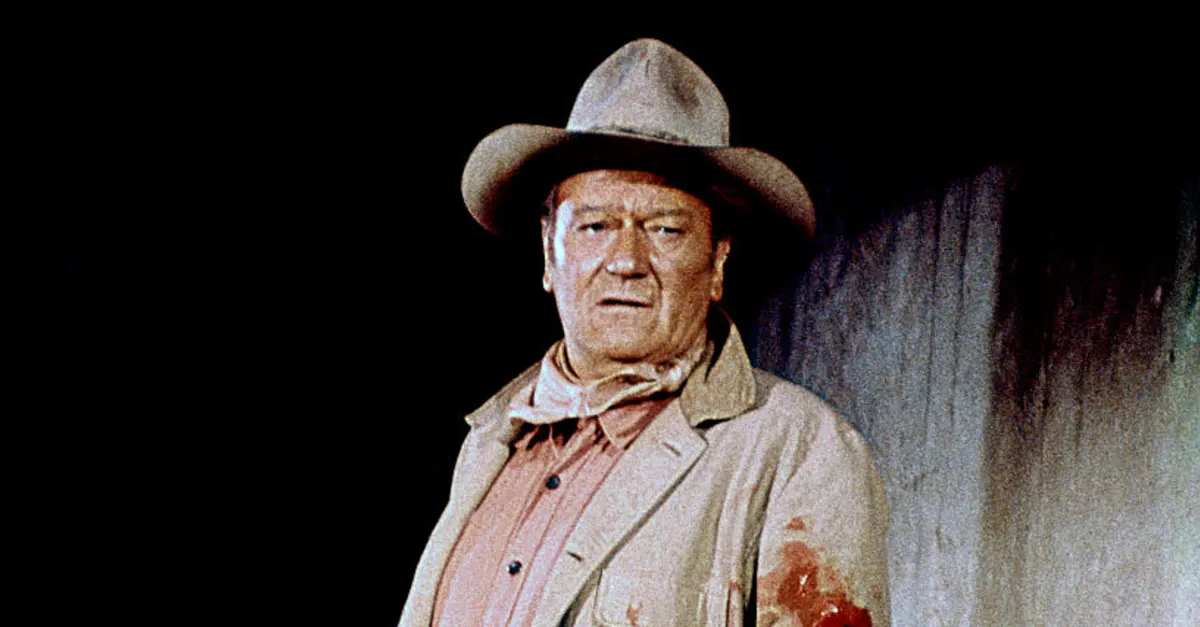Hollywood history is littered with “what ifs.” Some are massive (“What if Tom Selleck hadn’t been committed to ‘Magnum P.I.’ and signed on to play Indiana Jones in “Raiders of the Lost Ark”), some are tragic (“What if Bruce Lee hadn’t died at the moment he’d become a movie star in the U.S.”) and some are just flat-out silly (“What if O.J. Simpson had played The Terminator”). But they’re fascinating to consider in an alternate timeline sense.

One “what if” that falls in the middle of the spectrum in terms of significance is the casting of Michael McCandles in George Sherman’s “Big Jake.” No one talks about this 1971 John Wayne Western much anymore, largely because it’s a fairly straightforward genre effort churned out in the wake of The Duke’s 1969 Best Actor win for “True Grit.” It was made to turn a tidy profit by appealing to Wayne’s die-hard fans, and it accomplished precisely this. But what if the role of Michael, the rebellious son of Wayne’s title character, had gone to an up-and-coming actor named Jeff Bridges?
The sandy-haired son of “Sea Hunt” TV star Lloyd Bridges had impressed with his early performances on his father’s series and dramas like “The F.B.I.” and “Lassie.” He turned 20 in 1970, and looked every inch the matinee idol — though there was something undeniably soulful about the kid that augured greater, perhaps even transcendent things.
Bridges opts for a different kind of Western

Jeff’s father wasn’t exactly Hollywood royalty, but he was a big enough name to open doors, one of which led to Wayne’s son Michael, who was overseeing the production of “Big Jake.” According to Michael (via Scott Eyman’s “John Wayne: The Life and Legend”), Sherman and Wayne subjected the young Bridges to “fifty-five interviews, twenty-three readings, and three tests,” after which they offered him an eight-week contract at $1,750 a week.
This was good money in 1971, but Bridges was being eyed at the same time for the role of Duane Jackson in Peter Bogdanovich’s “The Last Picture Show.” Bridges declined Wayne’s offer, and went with the relatively untested director of “Targets.” He was rewarded the following year with his first Academy Award nomination for Best Supporting Actor (which he lost to castmate Ben Johnson).
Jeff Bridges was such an overwhelmingly charismatic presence that he would’ve been a star without “The Last Picture Show.” Still, he’s so perfect as Duane that it’s impossible to envision anyone else in the role. Moreover, “Big Jake” might’ve been a small setback in that the role of Michael is underwritten and unavoidably overshadowed by Wayne’s Jake. Bridges was too much actor for such a nothing part. His future was blindingly bright, and he’s more than made good on his amazing potential.
